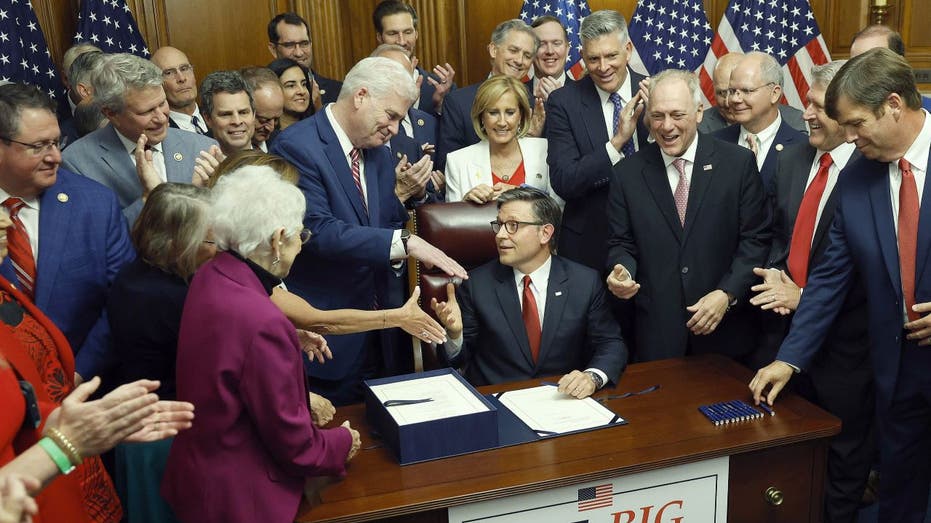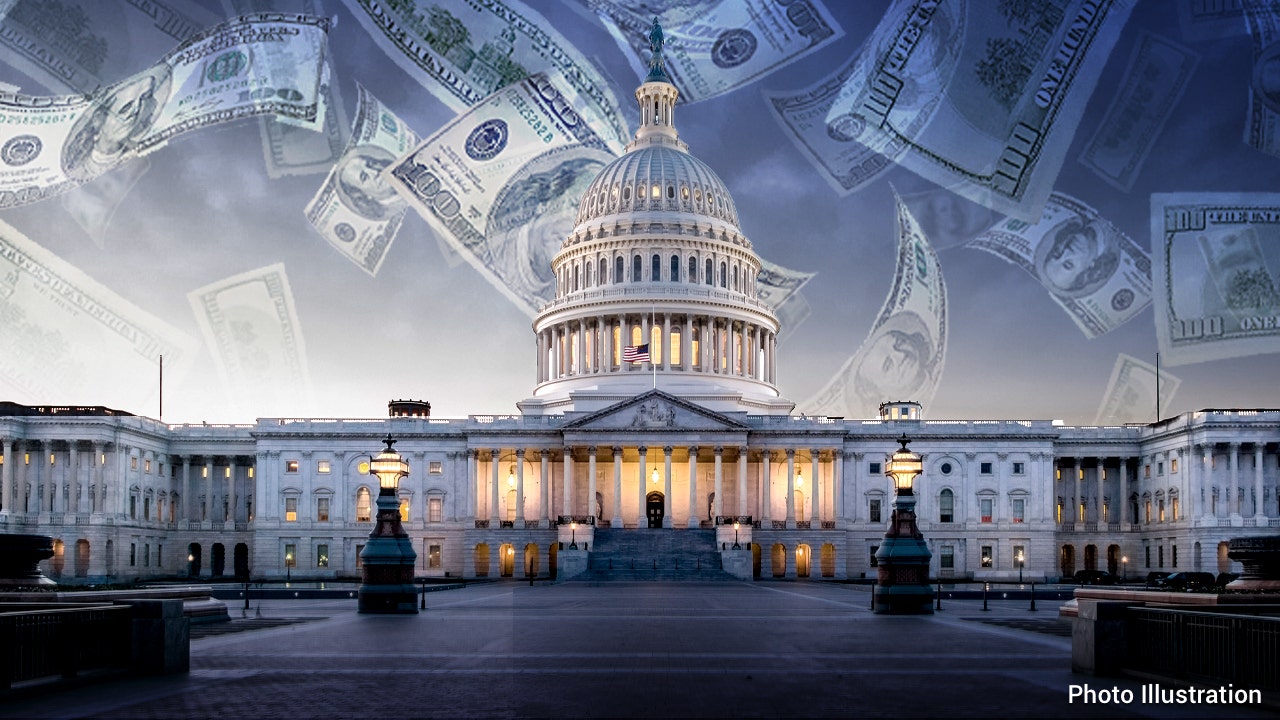The Republican tax reform law that President Donald Trump signed into law earlier this month is in the process of being implemented, including provisions that give tax relief to workers receiving tips and overtime.
Trump signed the One Big Beautiful Bill Act (OBBBA) into law July 4, which extended a variety of tax cuts set to expire at the end of this year and created some new tax breaks. Among those are the provisions related to tipped income and overtime after the president made “no tax on tips” and “no tax on overtime” a feature of his campaign’s economic platform.
The Treasury Department and the IRS are updating tax collection processes to account for the new provisions, which have implications for taxpayers who may be able to claim those deductions for the current tax year. OBBBA creates a deduction of up to $25,000 for qualified tips received by tipped workers. The overtime provision is structured as an above-the-line income deduction for overtime premium payments of up to $12,500 for hourly workers.
Deputy Treasury Secretary Michael Faulkender, who served as acting IRS commissioner for part of this year, spoke with FOX Business about the implementation of those policies and how the agency worked with Congress throughout the legislative process to ensure the law’s provisions are feasible.
WHAT’S IN THE ‘BIG, BEAUTIFUL BILL’ FOR AMERICAN WORKERS?
“One of the issues that Congress delegated to Treasury to work out are the sectors where tipped income was a commonly realized component of compensation prior to 2025,” Faulkender explained.
The Treasury Department has been using historical data to analyze what industries and occupations will be eligible for the deduction. Faulkender said that process is “one of the big lifts” that began well before the bill reached the president’s desk, noting the rulemaking process is expected to move forward soon.
FIVE MAJOR POLICIES TO KNOW FROM THE ONE BIG BEAUTIFUL BILL ACT
“We hope to initiate a notice of proposed rulemaking in the very near future that provides some kind of guidance to taxpayers as to what the sectors that we are likely going to include that are covered for this deduction for tipped income. Then, if there were industries that we missed through the normal comment period of the rulemaking, then we can perhaps make modifications to it,” he said.
Faulkender noted there has been some confusion on social media about whether all tipped income or just tips paid in cash will be covered by the deduction due to a reference to “cash tips” in the legislation. However, he said that the payment method won’t affect eligibility for the tipped income deduction.
“If there’s any distortions out there about that, it depends on how you were paid in terms of whether it was in currency versus a charge on a credit card. There’s no difference when it comes to the eligibility under this provision,” Faulkender said.

He said the overtime deduction is “a little bit more straightforward” to implement, though the current tax year being halfway complete means the agencies need to account for the fact that employers and taxpayers weren’t accounting for these changes in advance of the bill becoming law.
HOW DOES THE ‘BIG, BEAUTIFUL BILL’ HELP MIDDLE-CLASS TAXPAYERS?

The deputy secretary said the Treasury Department and IRS started working through the implementation process as Congress was crafting the bill rather than waiting for it to be signed into law.
“Once we had language out of House Ways and Means for the reconciliation bill, we started identifying all of the steps we’re going to have to take to get it implemented. So, we are well underway in terms of identifying every form, every process, every instruction that needs to be modified,” Faulkender said.
Faulkender said the process playing out alongside lawmakers’ efforts to draft the legislation was important “because as we’re doing the negotiations, we also want to make sure we understand that it’s going to be feasible.
“It doesn’t do any good for Congress to pass a law that’s not going to be feasible to implement, and that’s why we wanted — as soon as we had text — we sat down with our operations people with the IRS and said, ‘What is it going to take for you to implement this? Are there technical fixes we need to make to the language such that this is implementable?’ And that’s why it starts early,” he explained.













